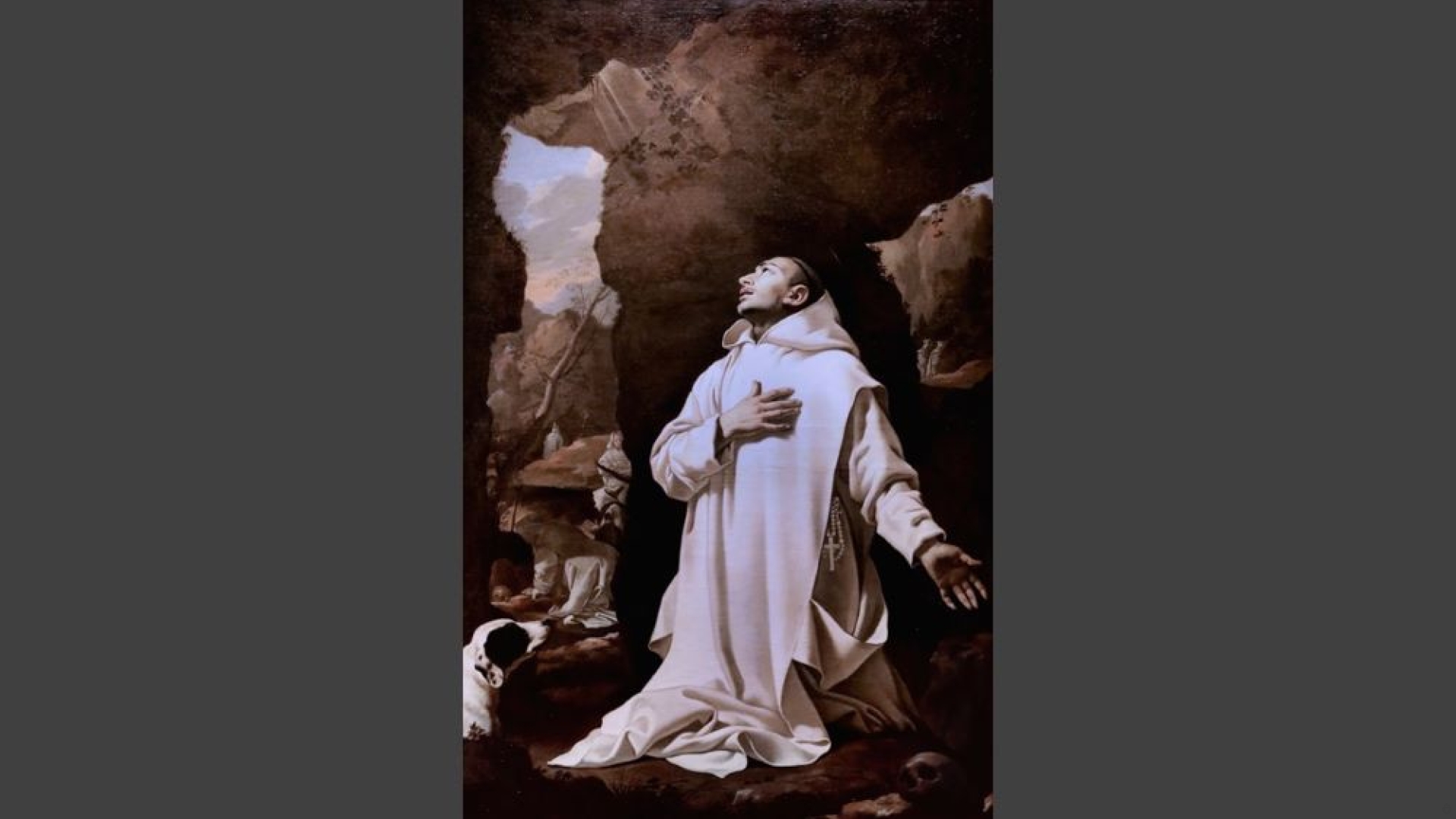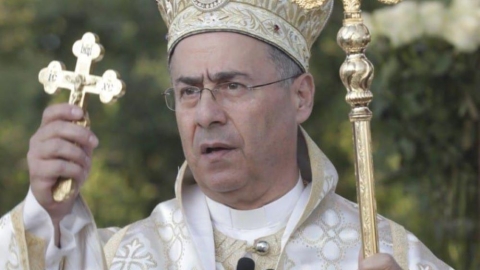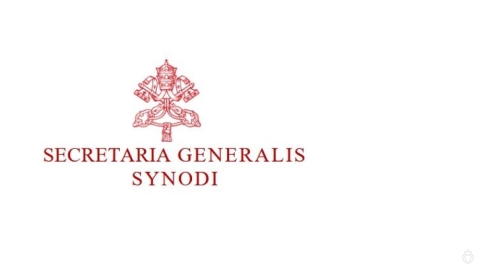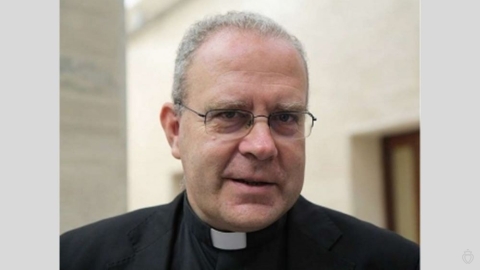The Gifts of the Holy Ghost (4): The Gift of Knowledge

St. Bruno, founder of the Carthusians
While the Church and her children celebrate the outpouring of the Holy Ghost during this octave of Pentecost, FSSPX.News offers an opportunity to discover a little better these seven gifts granted by God’s goodness to our souls in order to sanctify them. After meditating on the gifts of understanding and wisdom, we come to the gift of knowledge.
The gift of knowledge must be first considered in relation to the intellectual virtue of the same name: knowledge makes us judge clearly through causes and effects. When this judgment takes place through inferior and created causes, we have knowledge in the narrow sense of the word. As we saw previously, if it concerns supreme and divine causes, it is wisdom.
St. Thomas teaches that the “gift of knowledge concerns human things and other created things.” The gift of knowledge is not restricted to knowing only faith itself, as it is a certain temporal thing in the soul of the believer, but it extends to every created thing which can be known by faith.
The gift of knowledge is also a mystical and affective knowledge. In Scripture, it is not called knowledge in some indifferent way, but rather “spirit of knowledge” and “knowledge of saints,” because it is only found in those who have grace.
It is founded on a certain motion of the Holy Ghost which leads the intelligence, not by a pure light manifesting the truth according to what is outside--as an infused knowledge, given by God, would do, such as was found in Christ--but by an interior experience and as through an affective and supernatural connaturality.
This gift tastes and experiences first the divine realities, but at the same time, it tastes and experiences creatures. In this way, the soul forms a right judgment about them, which leads it on one hand to know their poverty and their misery, so as not to be led by them in a way contrary to the order of charity, and on the other hand to love them according to the right measure, ordering them to God.
Like all the gifts, the gift of knowledge participates closely in the contemplative life: it allows us to understand the nothingness of creatures by comparing them to God. It is just as St. Thomas, in the course of his last illness, during Mass, saw the world as if caught in a radiant beam of light, and no longer wanted to write anything, because all that he had written seemed to him “like straw.”
This gift, although primarily relating to created things, persists--like all the other gifts as has already been said--in the celestial homeland. It then acts dependent on the Beatific Vision and participates in the knowledge of God outside of this vision--knowledge called vesperal, in opposition to the vision, called matutinal.
According to John of St. Thomas, The Gifts of the Holy Ghost
(Source : MG – FSSPX.Actualités)
Illustration : Flickr / Jean Louis Mazieres (CC BY-NC-SA 2.0 Deed)





